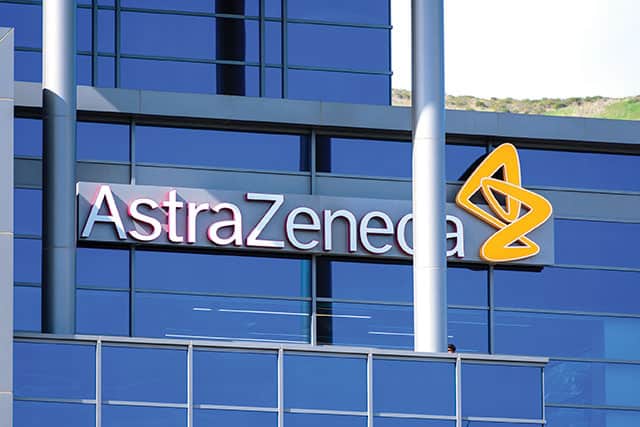
AstraZeneca and Sanofi’s Beyfortus (nirsevimab) has been approved by the European Commission (EC) for the prevention of respiratory syncytial virus (RSV) lower respiratory tract disease in newborns and infants during their first RSV season, the companies announced.
The EC’s decision makes the long-acting antibody the first broadly protective option for newborns and infants, including those born healthy, at term or preterm, or with specific health conditions, and is the first regulatory health approval worldwide for the immunisation.
“Today is a landmark day for RSV prevention, as decades of research and development come together in the world’s first approval of a broadly protective option against RSV disease. Once launched, Beyfortus will offer parents the ability to help protect their babies during their first RSV season,” said Thomas Triomphe, executive vice president of Sanofi.
The approval was based on results from the Beyfortus clinical development programme, including the phase 3 MELODY, phase 2/3 MEDLEY and phase 2b trials, and follows a recommendation by The Committee for Medicinal Products for Human Use of the European Medicines Agency in September.
The MELODY and phase 2b trials met their shared primary endpoint of reducing the incidence of medically attended lower respiratory tract infections (LRTI) caused by RSV during the RSV season. No clinically meaningful differences in safety results between the Beyfortus and placebo groups were seen, the companies noted.
In the MEDLEY phase 2/3 trials, Beyfortus also demonstrated a comparable safety and tolerability profile to Synagis (palivizumab), with adverse events reportedly similar between groups.
RSV – a contagious virus characterised by several mild, cold-like symptoms – is the most common cause of LRTIs and a leading cause of hospitalisation in all infants. Although most people recover within a week or two, the virus can be particularly dangerous for infants and older adults, according to the Centers for Disease Control and Prevention.
Silke Mader, chairwoman of the executive board and co-founder of the European Foundation for the Care of Newborn Infants (EFCNI), said: “RSV represents a health threat among infants, and each year we see the impact it can have on families, healthcare providers and the healthcare system.
“At EFCNI, we are excited about the opportunity to expand prevention efforts to all infants, as we believe this can help ease the current emotional, physical and financial burdens of RSV.”




